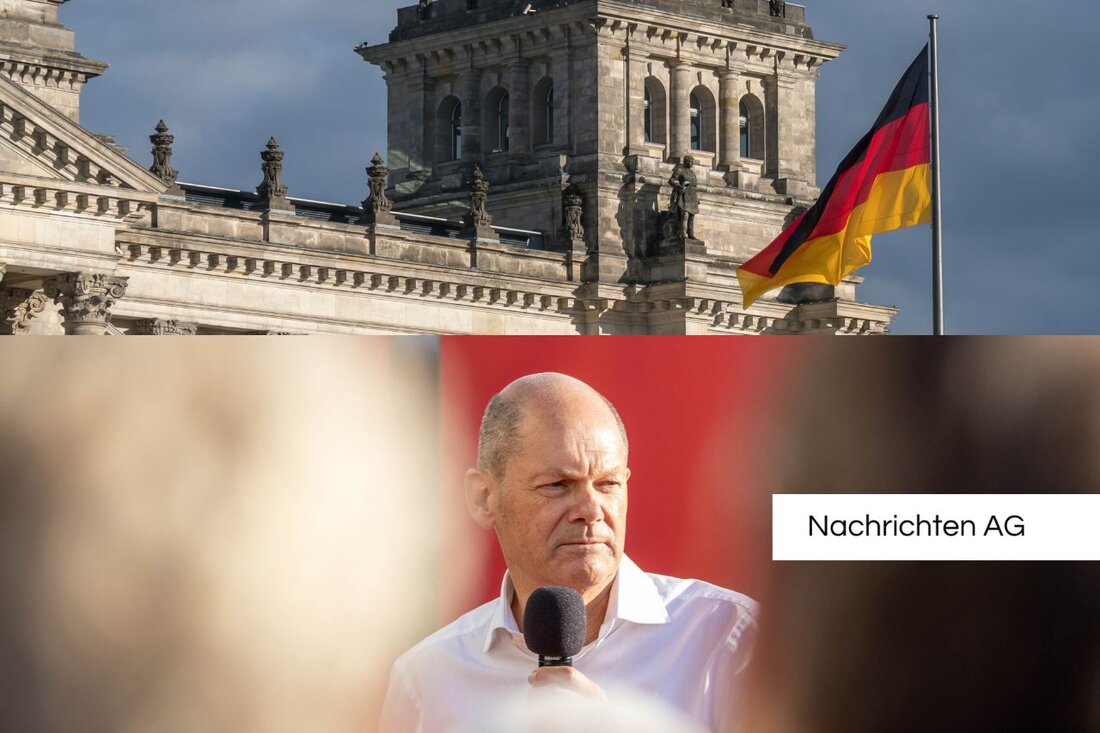Austria is investing in Skyshield: Security for our population!
Austria's Defense Minister Tanner calls for progress in the Skyshield defense system to protect the population from drone attacks.

Austria is investing in Skyshield: Security for our population!
Austria is working on improving its air defense and has provided funds for the purchase of short and medium-distance defense systems in the budget. Defense Minister Klaudia Tanner also plans to acquire long-distance defense systems. She emphasizes that the protection of the population and neutrality is a top priority and points out that Austria signed a declaration of intent to join the European Sky Shield Initiative (Essi) in 2023. Tanner emphasizes that threats such as disinformation and attacks by drones are a significant risk of the safety of the population. It makes it clear that it is irrelevant whether these attacks are targeted or through misguided rockets and drones.
The war between Russia and Ukraine has changed the type of warfare and made it clear the need for modern technologies, especially in the area of air defense. Colonel Markus Reisner from the Armed Forces explains that drones are now considered one of the most important arms of the arms, which makes massive investments in air defense essential for the Austrian army. Tanner therefore calls for a common protective shield for Europe and advocates prudent reactions to avoid military escalation.
European Sky Shield Initiative
The European Sky Shield Initiative was launched by Chancellor Olaf Scholz in August 2022, in the context of Russian attack on Ukraine to strengthen Europe's defense ability. In the meantime, 19 European countries are participating in this project, which aims to create coordinated defense systems for short, medium and large ranges. 15 countries, including Germany, Belgium and Finland, signed an initial declaration in October 2022. Austria officially joined the end of May 2024 and becomes part of a modern, multi -layered defense system that is also urgently needed in Europe.
ESSI plans to close existing gaps in the current protective umbrella, which is primarily aimed at threats from Iran. The initiative aims to jointly procure new weapon systems and reduce costs in the process. Systems like the IRIS-T, which can counter missiles, cruise missiles and drones up to 40 km away, are part of this effort. The German Bundestag's Budget Committee has already approved the procurement of IRIS-T units, while Germany also plans to purchase the Arrow 3 missile defense system, which is expected to be operational by the end of 2025.
Cooperation and modernization
As part of the ESSI, the member countries want to pool their resources to strengthen defensive capacities. The joint procurement of defense systems such as the Arrow 3, which can intercept missiles up to an altitude of 100 km, is of central importance for European security. This system has a range of up to 2,400 km and is being procured under a purchase agreement with Israel worth 3.3 billion euros. ESSI is coordinated from an operations center in Pongau, which enables the European partners to work together effectively.
With the increasing threat of drones and rockets, it is essential that the European countries work together to create a strong and effective air defense network. Tanner and other minister of defense from the region show that this common approach not only improves national security, but also has a stabilizing effect on the entire European security architecture. Loud Small newspaper and DW Makes Essi important progress to close existing deficits in air defense and to create a coordinated security architecture that has grown to the challenges of modern war. Further information on the initiative is also on Wikipedia available.

 Suche
Suche
